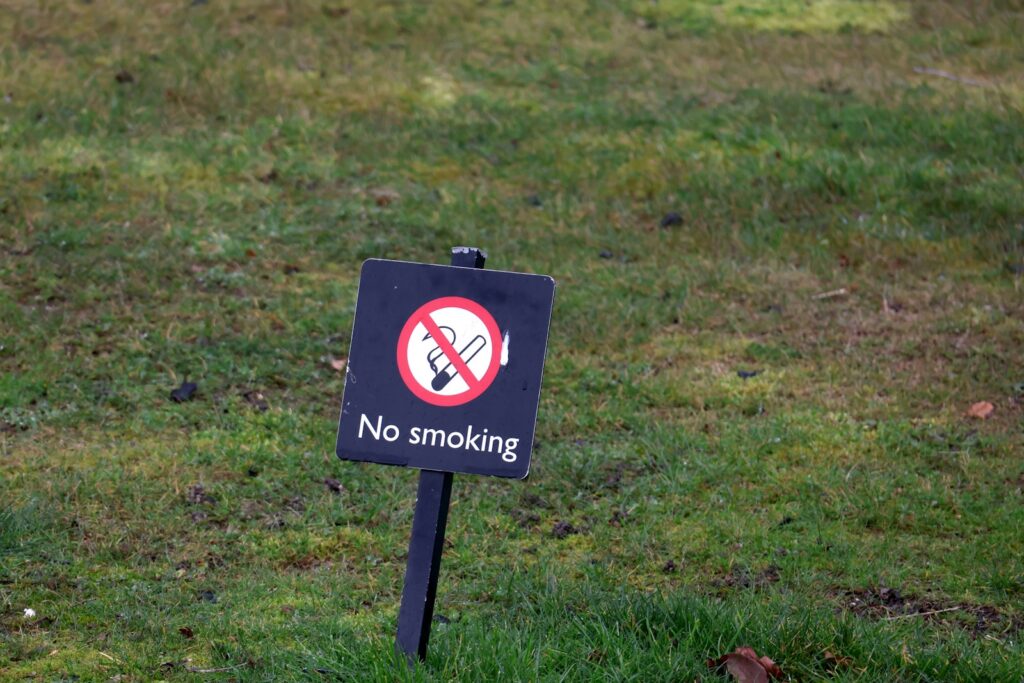The East London NHS Foundation Trust have announced that they will be testing the benefits of air cleaning technologies at a mental health inpatient unit at Fountains Court in Bedford.
The project is an extension of a study led by Cambridge University Hospitals Trust at Addenbrooke’s Hospital in Cambridge which focussed on the benefits of air cleaning on physical health inpatient wards.
The origins of the research can be traced back to January 2021 when two air filtering machines were installed in Addenbrooke at the height of the second wave of the pandemic. It was found that the machines removed almost all traces of airborne Covid virus and other viruses, bacteria and fungi.
Andrew Turner, an engineer at Cambridge University Hospitals NHS Trust who was part of the research team explains: ‘For the initial study we used two air filter machines, but the results were so dramatic it made sense to get many more and use them across the Trust to help reduce outbreaks of infection. Now we have a total of 80 machines, most of them bought by the Trust but many also donated by manufacturers.’
The new research at Fountains Court, a 26-bed acute assessment unit for older people with mental illness, is thought to be the first of its kind in a mental health inpatient unit in the UK.
Six air cleaning units have been installed and Quality Improvement tools will be used to determine the benefits of removing airborne pathogens and improving air quality in the enclosed environment of a mental health inpatient site.
David Stevens, Director of Estates, Facilities & Capital Development said: ‘We believe we are the first mental health Trust to carry out this research with the objective of really understanding how improved air quality can help where patients have longer stays and different illnesses compared to physical health wards at acute hospitals.’
The equipment has been provided by AirPurity, which also supported the research at Addenbrooke’s Hospital and is advising NHS England.
Darren Sloof AirPurity CEO said: ‘Microbes are designed to travel much like pollen, physics governs where they move from and too. Understanding each environment and clinical pathways gives a clearer understanding of how microbes could come into contact with patients. The real work is designing something that meets the needs and challenges while delivering acceptance of the occupants who reside in these spaces without compromising comfort or creating distraction.’
Dr Angharad Ruttley, Medical Director, Luton and Bedfordshire Mental Health and Wellbeing Services added: ‘Testing whether air cleaning can add another layer of mitigation against airborne viruses such as COVID 19 in psychiatric settings is important for staff, our service users and carers. We hope that by leading the way with our project we can add to the knowledge base around air cleaning. We anticipate we will reduce outbreaks of COVID 19 and the associated disruption to care that occurs as a result, while protecting our staff and patients as far as possible from COVID infection and risks.’


















Leave a Reply